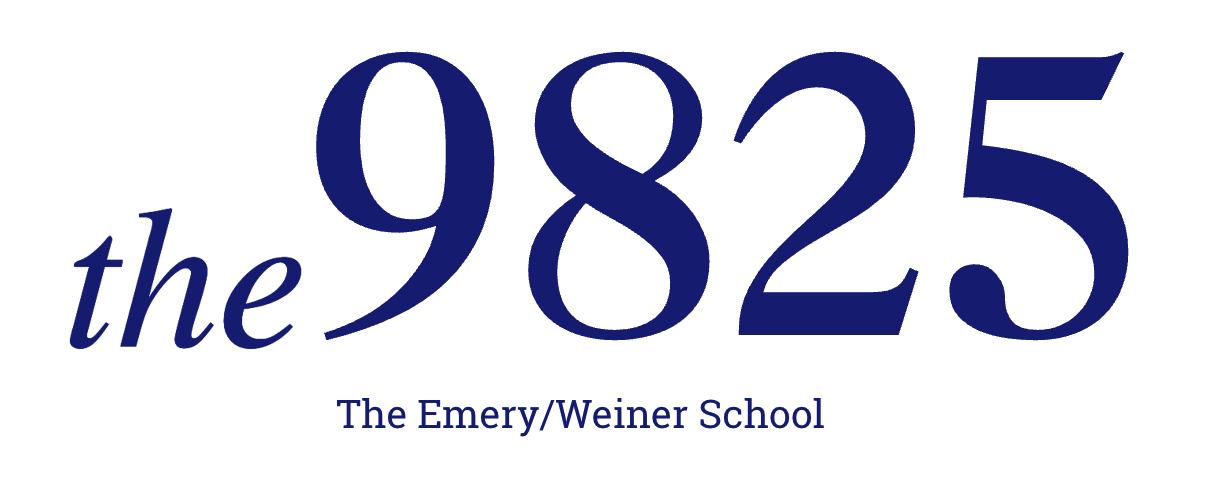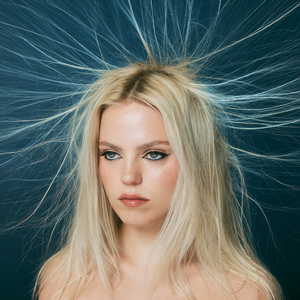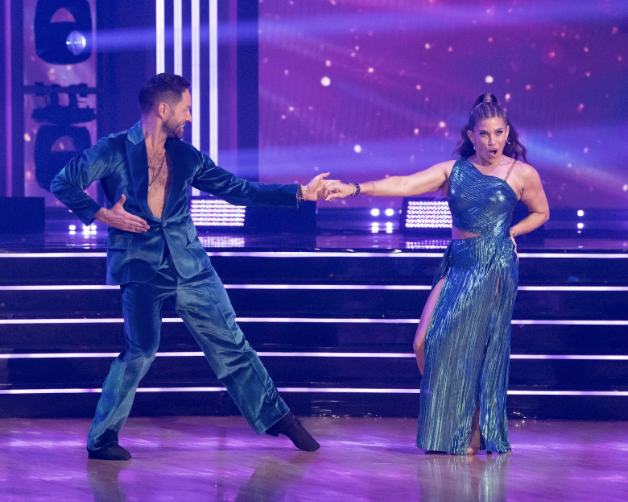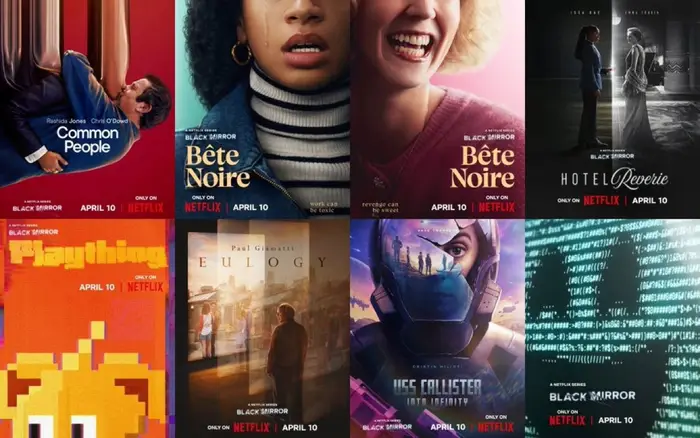Reneé Rapp who is a known Broadway star, recently began releasing her own pop music. Her debut album, Snow Angel, is a beautiful personal exploration of love in all forms: romantic, self, and familial. Throughout the album, she tackles complex themes such as loss and heartbreak with nuanced dialogue that allows the listener to engage with her on a journey of self-discovery.
“The Wedding Song,” is a prime example of her storytelling abilities. She begins by introducing the plot point of her writing a song for her partner, a beautiful tune described as “timeless like you and me.” The chorus of “The Wedding Song” reflects that of the tune Rapp wrote for her partner. It dallies with the purity of love and the young couple’s hope for their budding romance. Rapp sings, “You are my one, you set my world on fire / I know there’s Heaven, but we must be higher / I’m gonna love you ‘till my heart retires / Forever will last / I think it went something like that.”
After the second iteration of the chorus, about halfway through the song, Rapp abruptly switches tones from loveliness and romance to heartbreak and fury, singing “Why’d you have to mess it all up? / Why’d you have to burn it all down?” throwing the listener off guard and reinvesting them in the song. The candidness of the lyrics reflects the sudden end of the relationship, and how often love dies quickly, often with no explanation. However, after this antagonizing and heartbreaking bridge, she returns to the same melodic and captivating chorus seen earlier. This reminds listeners that their love was still alive, even while the love died. It was real.
Another remarkable song on this debut album is “I Wish,” a harmonious and stunning recollection of death, and the complexities surrounding this topic. She begins the song referencing her 10-year-old self experiencing death for the first time, singing of when she “realized some goodbyes were forever.” She poses the mature question: “How could the person who taught me to breathe / take their last breath right in front of me?” Then Rapp describes a loss of innocence in the simple words, “I know too much now.” Rapp introduces the idea that death is what transforms us from children to adults. She shares that we always keep death and the memorials of our loved ones dear, even if how we do so alters with age. Rapp then recalls seeing her dad cry for the first time, as his father died, claiming that he uttered the question she previously asked herself: “How could the person who taught me to breathe/take their last breath right in front of me?”
Next, in a short yet stunning bridge towards the end of the song, Rapp sings, “Stay a little longer / I’m not ready for you to go / It hasn’t even happened / But I have been mourning since ten years old / Stay a little longer.” She concludes with the theme that it is human nature to be perpetually scared of death and the possibility of it.
With her debut album, Reneé Rapp has redefined pop music with her meaningful lyrics, R&B undertones, and pop music melodies. It should only be expected that she will continue to grow her fanbase and her musical skill and completely take over the pop industry.







